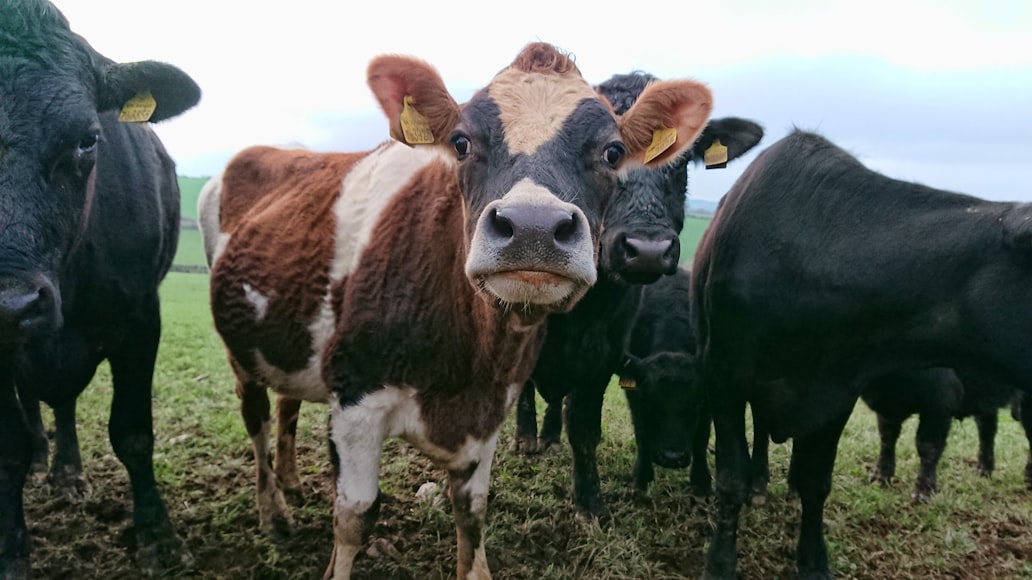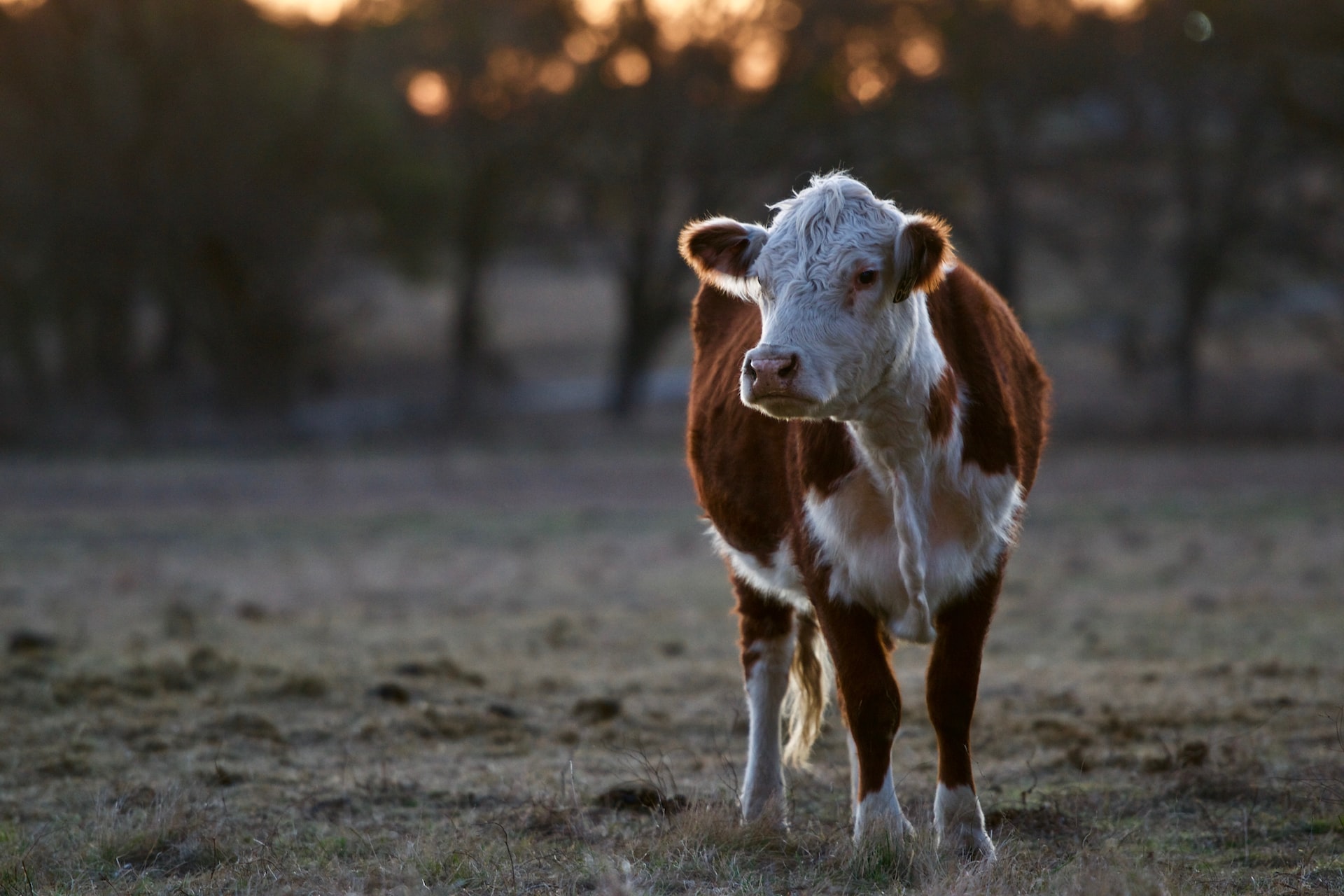Cows need to be well taken care of if they are going to live healthy, happy lives. Whether you’re thinking of getting into dairy farming or already have a herd, these 10 ways to take care of cows will help keep your cows healthy and happy all summer long. Make sure you keep them cool in the summer and warm in the winter to protect their health, and check out some other articles for more helpful tips and advice. With these 10 ways to take care of cows, you’ll be an expert farmer in no time!
1) Give them enough room

Cows are social animals, so they should be kept in groups of at least six. They also need enough space for them to graze. If you want your cows to produce healthy milk, it’s important that they have plenty of fresh water and food as well.
2) Provide plenty of clean, fresh water
Water is the most important element for a cow’s diet. Make sure there is always fresh water available, with at least two gallons per cow per day. Fill up troughs when they run low and wash out any standing pools of water. Feed them good quality hay: Without hay, cows can’t produce milk or keep themselves warm during winter months.
3) Check their feet

A cow’s feet are very sensitive, so they need to be checked regularly. If they’re not in good condition, a cow will have trouble walking, which could lead to more problems. It’s important to check their feet every day when they come in from pasture so you can spot any issues early on.
4) Clean them up after they eat
Cleaning up after your cows is a good way to keep them healthy. After they eat, walk around the pen with a hose with the water on full blast and make sure you get every scrap of food that’s left over. You’ll need some shovels for this task–or any other time you’re cleaning out the pen–so pick some up at a hardware store before you start. You’ll also want gloves for this one, since it can be pretty messy work! The nice thing about these tasks is that it only takes an hour or so to do it each day, but will keep your cows happy and healthy for much longer than that.
5) See how they are breathing

One of the most important things you can do for your cows is make sure they are well ventilated. You should make sure their stalls are set up so that they can easily move about, with a clear exit in case there is an emergency. They should also have access to fresh air at all times, so keep windows open when it’s not too cold out.
6) Know how much milk they’re producing
Cows need to produce a certain amount of milk each day. The average cow produces about 2.5 gallons per day, but it can vary by breed or feeding. There are some cows that produce as little as 1 gallon per day. You should know how much your cow is producing so you can plan accordingly.
7) Watch for injuries or illness

It’s always important to check your cow for injuries or illness. You can do this by looking at its eyes, ears, nose, hooves and skin. If you notice anything abnormal then consult with a veterinarian. The cows need to be fed, watered and sheltered: Feeding, watering and shelter are essential in caring for cows. They need enough water in order to stay healthy but too much water is bad as well. For example, if there is not enough water available they will go searching elsewhere which might lead them into places where they could get injured or attacked by predators like coyotes.
Sheltering is just as important as feeding since heatstroke is common during the summer months.
8) Keep vaccinations up to date
Vaccinations are an important part of a cow’s health. They can help your cows avoid diseases like Leptospirosis, Anthrax, or Foot-and-Mouth Disease. Vaccinating your cows also helps keep them from being a potential public health hazard. Speak to your vet about what vaccines they recommend for your herd.
9) Get your cattle tested regularly

Although it might be easier said than done, getting your cattle tested regularly is a critical step in making sure they stay healthy. You can’t treat the disease if you don’t know what it is! Get your cow’s blood or tissue sampled by an experienced veterinarian who knows how to recognize signs of the most common health problems that affect cows. That way you’ll be able to keep tabs on any changes in their health before anything gets out of control.
10) Read up on more tips like these!
- Monitor your cows’ weight – A healthy cow should have a body condition score of 3/5.
- Provide shade – Shade is an important part of a cow’s environment, as they are sensitive to extreme temperatures.
- Watering system – A water trough or other watering system will ensure that your cows always have access to fresh, clean water.

